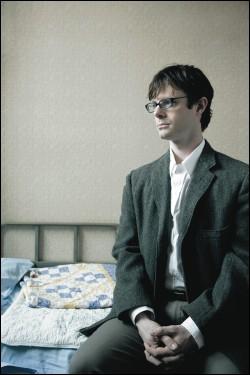
Hunter Groninger wants to change the way terminally ill people live.
“I tell them today should be the best possible instead of checking off the days,” says Dr. Groninger. As medical director for Capital Hospice, which provides home care for more than 750 terminally ill in DC, he might prescribe a cruise or a Christmas-in-July celebration to patients without long to live.
Groninger, 32, graduated cum laude from both Princeton and La Sorbonne in literature. While at the University of Virginia School of Medicine, both his grandmothers died. “These were not the dignified deaths either had in mind,” he says. “That stirred me.”
As did a cancer patient who wanted to go home for her daughter’s sixth birthday. “I said she was too sick, but she didn’t care. She was on a different level of suffering than her white-blood-cell count.”
He gravitated to the developing field of palliative care, easing symptoms of the severely ill, which led to his work at Capital Hospice. His team of nurses, social workers, and pastors helps patient and family get treatment at home.
“Eighty percent of Americans want to die at home. Twenty percent do,” he says. “A lot of this is activism, hopefully bringing about a revolution in healthcare. That’s what gets me up in the morning.”
Groninger’s days with the dying teach him about living. He soaks up moments with his infant daughter, writes, and occasionally dawdles in Irish pubs.
“I’ve seen too many people retire and get diagnosed with terminal cancer,” he says. “It’s important not to put off life.”
Lydia Strohl (lydia_strohl@yahoo.com) is a writer living in Rectortown, Virginia.

















